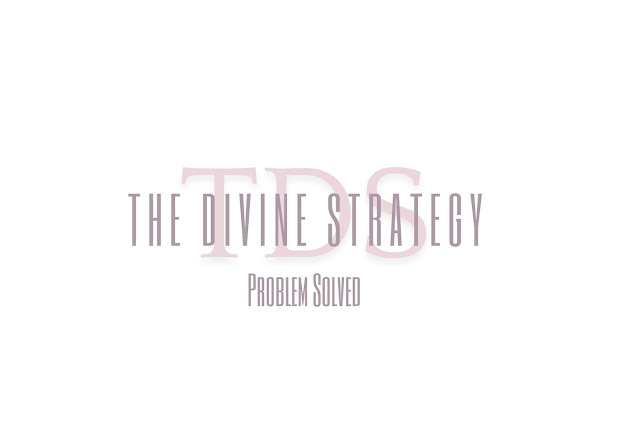Scenario A: You're heading to pick someone up from the airport. Your calculations show you'll arrive 20 minutes early, so you'll have to circle until they exit. A woman driving 15mph under the speed limit is in front of you, with no way to pass. Are you nervous or annoyed? No? Why?
You have all the time in the world and may even enjoy the relaxed ride.
Scenario B: Same scenario, but you're running 20 minutes late. Would you be just as calm? No? Why? What changed?
The circumstances triggered the part of your brain that springs into action when you need to get things done. Your brain sends messages like "I have to get there now" and "I'm going to be late," triggering anxiety and frustration that can lead to hurtful behavior.
The one constant in both scenarios? The nervous elderly lady in front of you, who just lost her husband and has to start driving herself after years of depending on him. If you knew her circumstances, would you accept running late?
Controlling your triggers means controlling your "state of mind." When someone frustrates you, do you attack them and justify your actions, convinced they're causing your bad behavior on purpose?
Changing how we perceive situations and sympathizing with others enables us to control our state of mind, actions, and reactions.
Communication: Instead of jumping to conclusions, talk calmly and get the whole picture. Try to understand all viewpoints and sympathize with everyone's needs. This allows you to react with intelligence, not emotion.
Self-Improvement: By stepping back, empathizing, calming down, and controlling your reactions, you encourage personal growth. Working on your state of mind will benefit all areas of your life.
Emuna, Bitachon & Tefilah: Rav Biderman teaches that each day of Elul can make up for every day of the year (12hrs x 30 days = 360). Recognizing that during Elul we face situations to do Teshuva for the entire year, we can control our reactions, seeing that H'shem is doing us a Chesed by allowing us to rectify our deeds.
Use your Tefilah to connect to H'shem, asking for help to overcome struggles and always see the good.
Daily Reminders
- Recite 10 Perakim of Tehillim daily to finish twice by Rosh Hashanah ('כא-ל)
- Recite Perek כז twice daily according to your minhag (לדוד ה' אורי וישעי)

Comments
Post a Comment